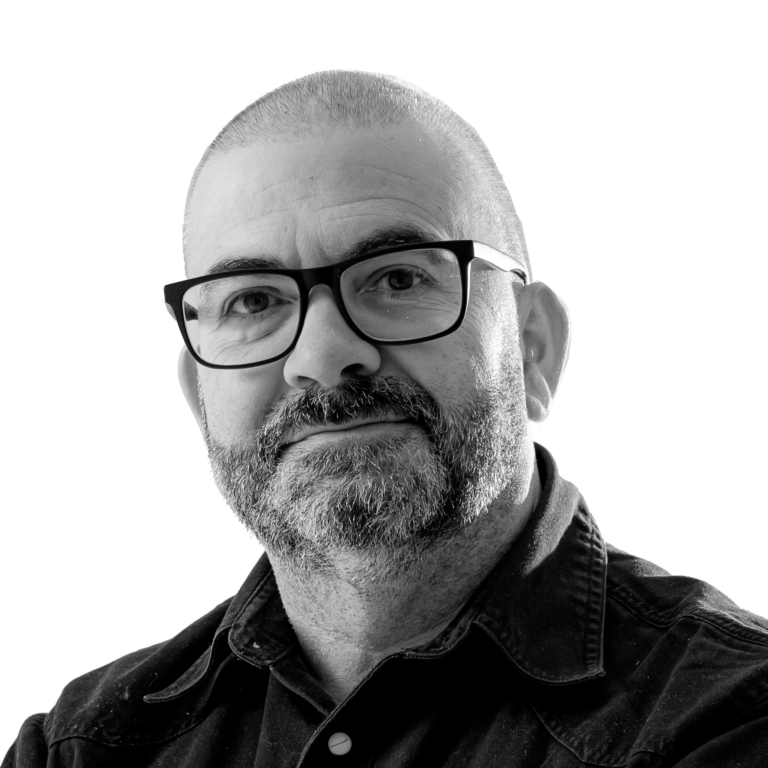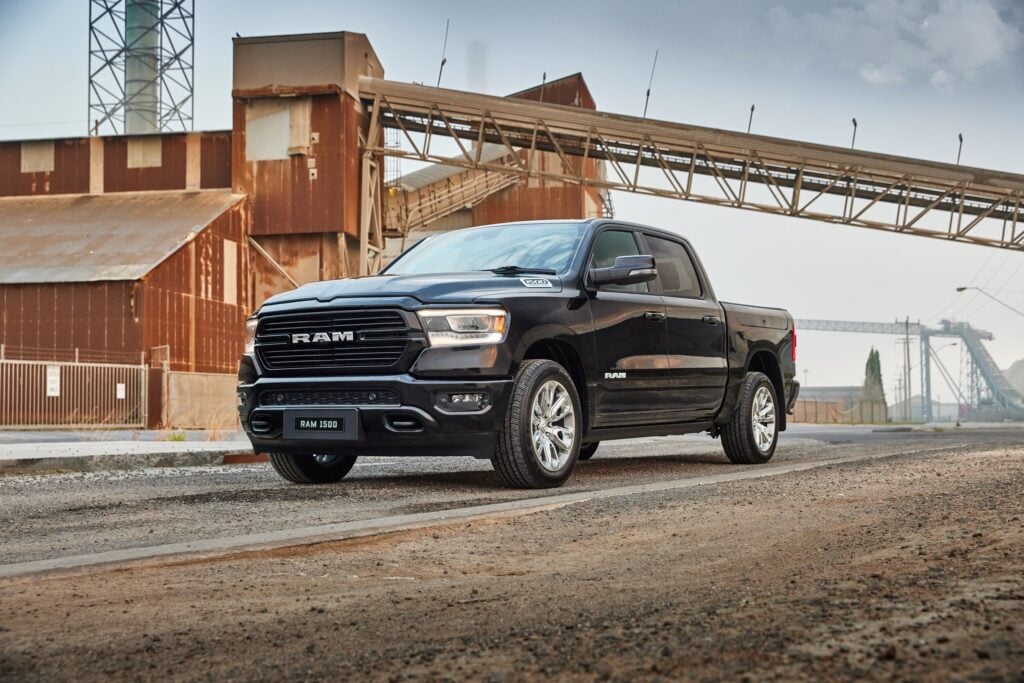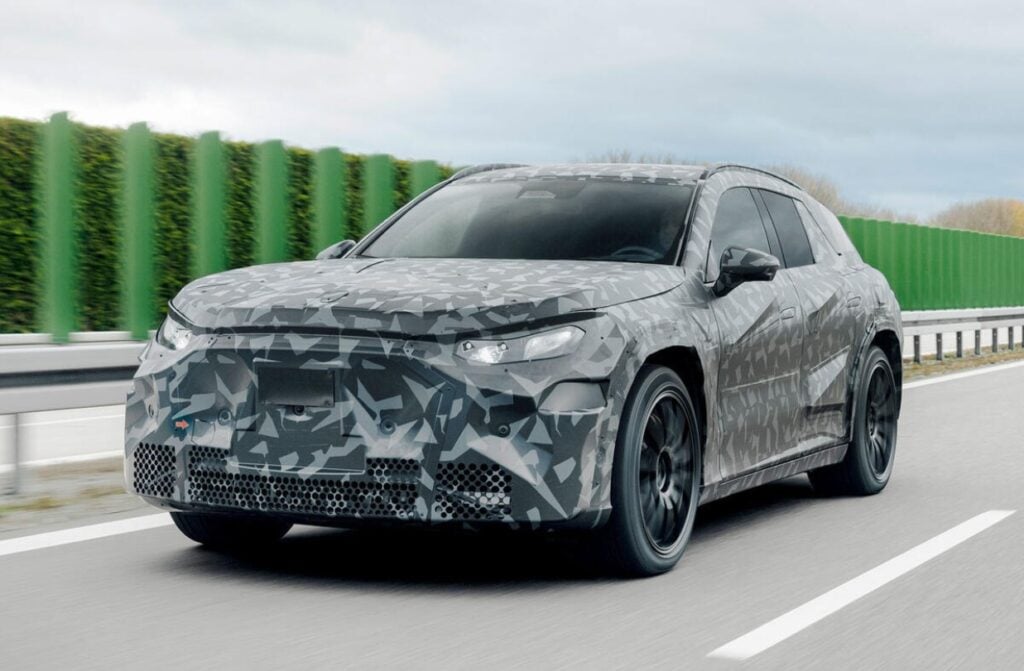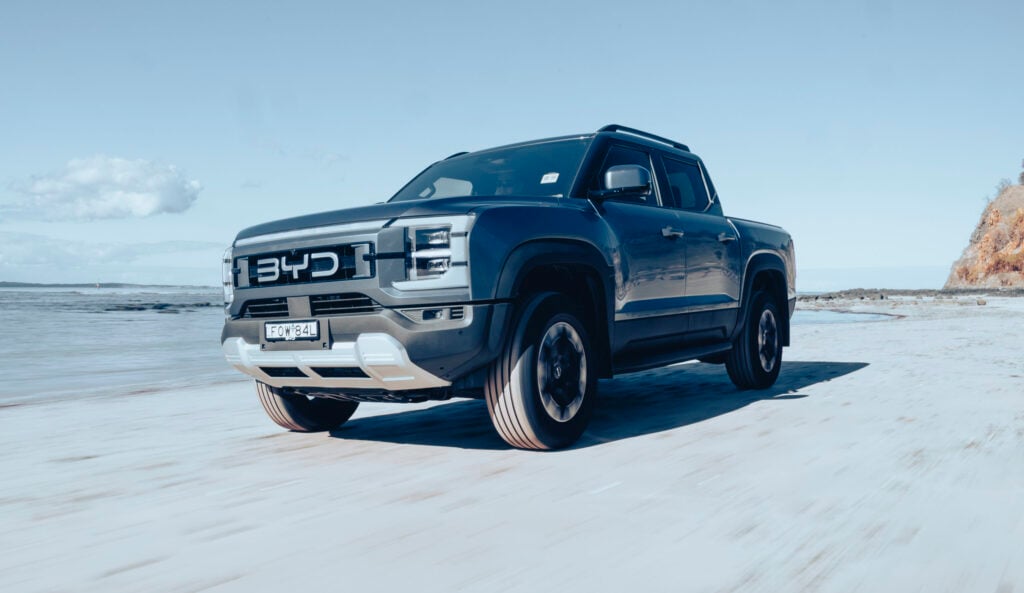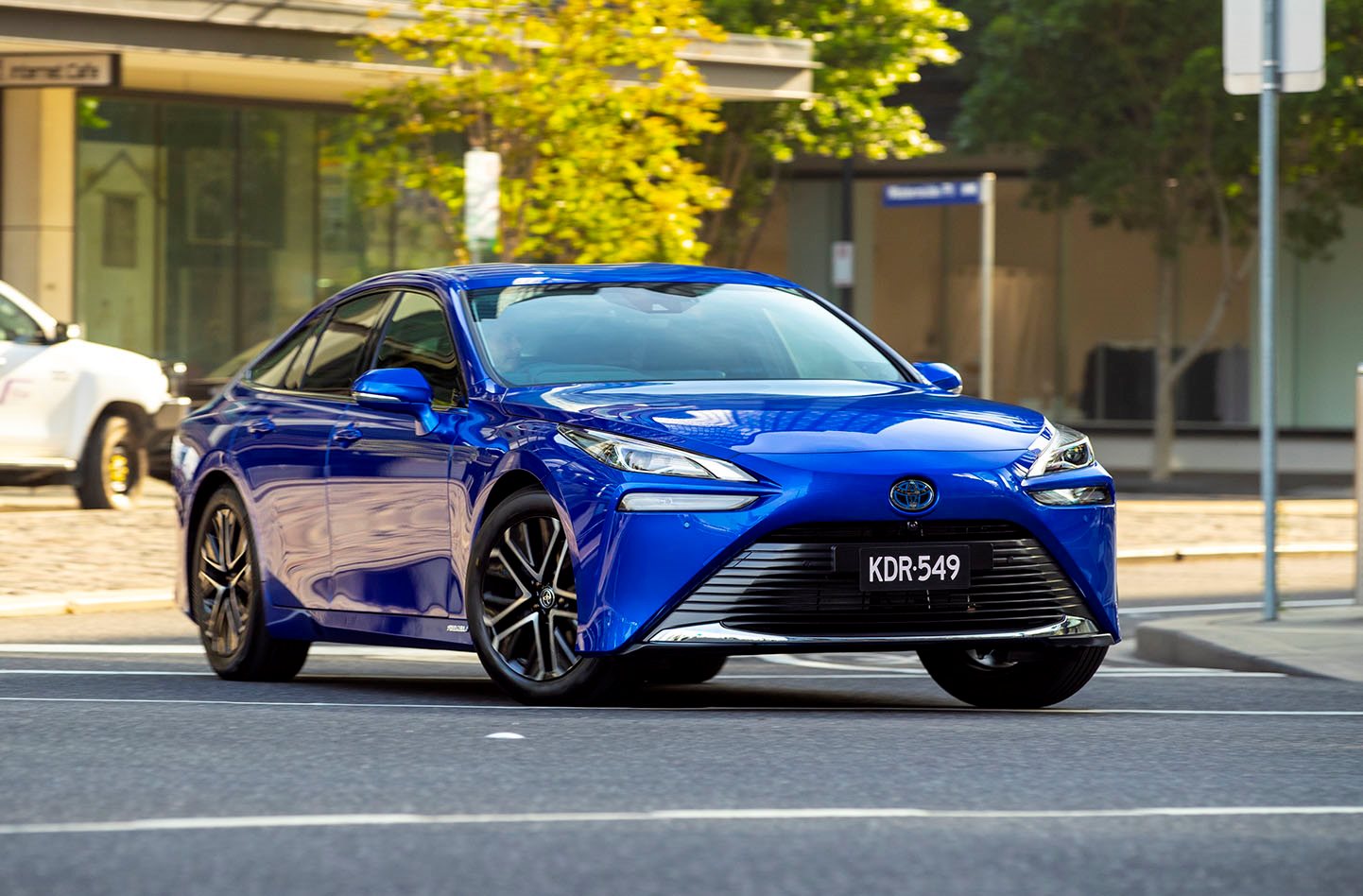
Toyota Australia believes hydrogen fuel-cell electric vehicles (FCEVs) like its Mirai will become mainstream here far sooner than it took hybrids to gain traction, with the company’s vice-president of sales and marketing, Sean Hanley, saying he expected private sales to commence within three years.
“With Prius, I recall vividly we sold a handful of cars in the first year – yet hybrids are now mainstream and achieving record sales. More than a quarter of our total volume here in Australia,” Hanley said at the local launch of the second-generation Mirai in Melbourne.
“We expect Mirai to become more readily available to our dealers within two to three years, accelerating as the refuelling infrastructure grows.”
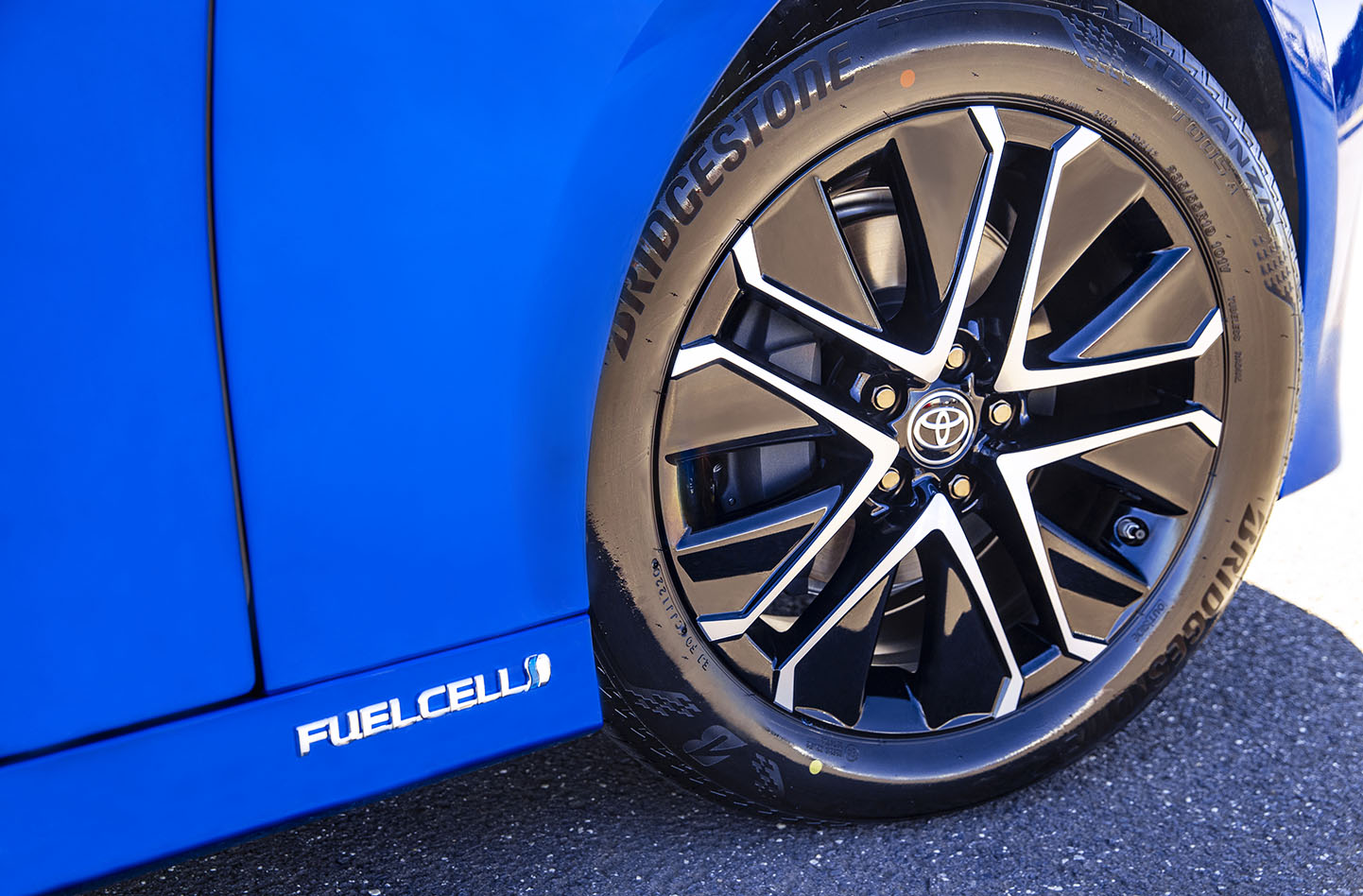
Currently, FCEVs like the Mirai and Hyundai Nexo are only available to companies under leasing agreements.
Hanley’s comments were backed up by Toyota Australia’s manager of future technologies and mobility Matt McLeod, who said there is a willingness in business and government to see hydrogen stations built around Australia to attract FCEVs rather than wait for them, thus avoiding the chicken-and-egg scenario that has long plagued electric vehicles.
McLeod pointed out that Toyota’s first hydrogen refuelling station at its Altona plant, and another in Canberra built with support from Hyundai, will soon be followed by projects already in the works in other capital cities including Brisbane and Perth.
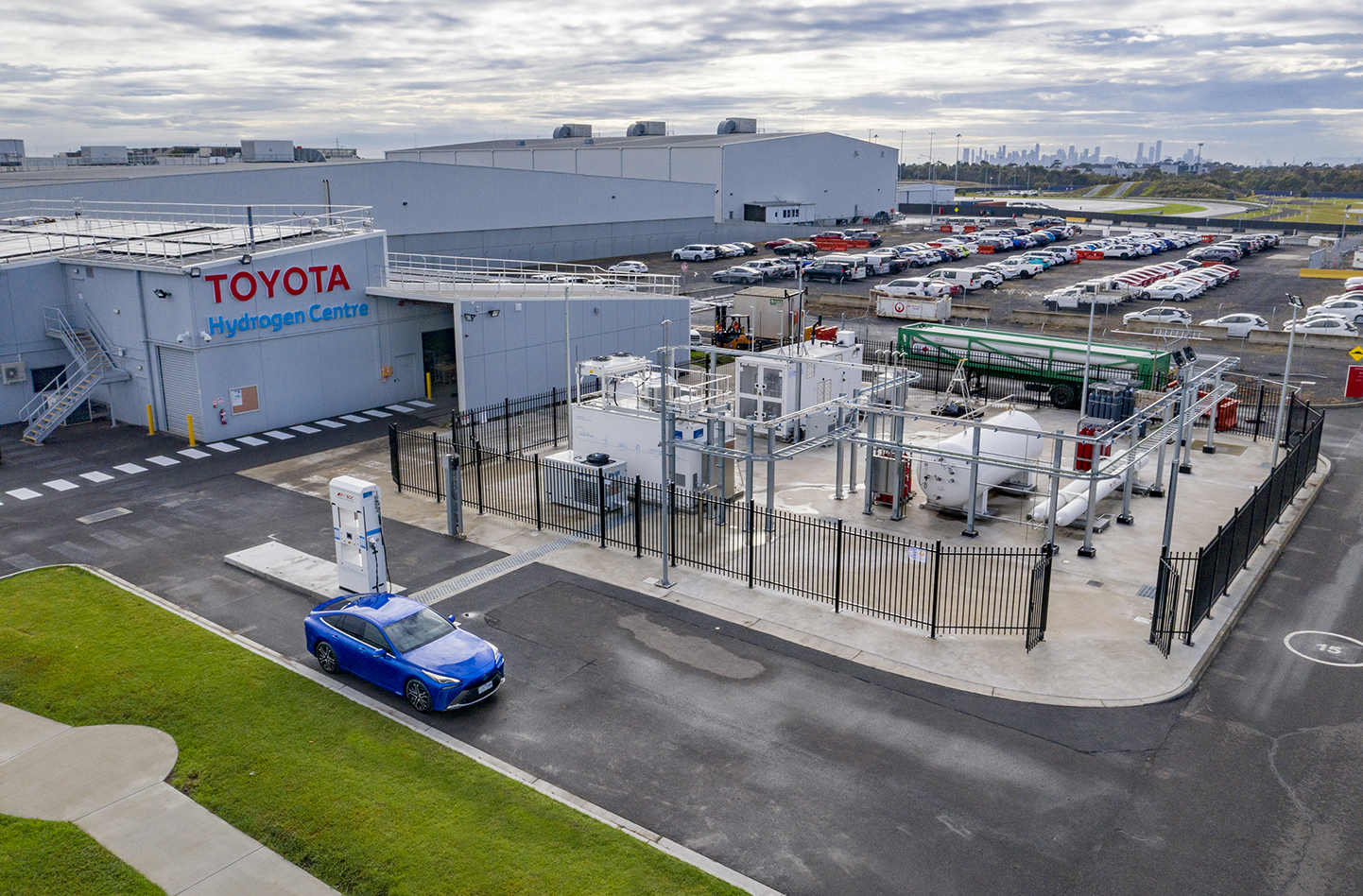
He said that because hydrogen vehicles provide a decent range, we won’t need to see filling stations on every corner, but added that it’s vital for all stakeholders such as vehicle manufacturers, energy companies and government to collaborate to ensure stations are strategically located in the right places.
“The key to rolling out these types of models, whether it’s ours or whether it’s a competitor’s, is to have a cluster of stations and to understand not necessarily where the first one is but where the second and third one are going in those particular regions,” McLeod said.
“It’s the only way we’re going to overcome this kind of chicken-and-egg thing. I’ve been doing this for four years, so I’m pretty sick of chickens and eggs.”
Hedging electrified bets
While Hanley is upbeat about the future of hydrogen technology and FCEVs like Mirai, he stressed that Toyota is not putting all its eggs in one basket and will continue to develop battery-electric vehicles, hybrids and plug-in hybrids to suit various demands.
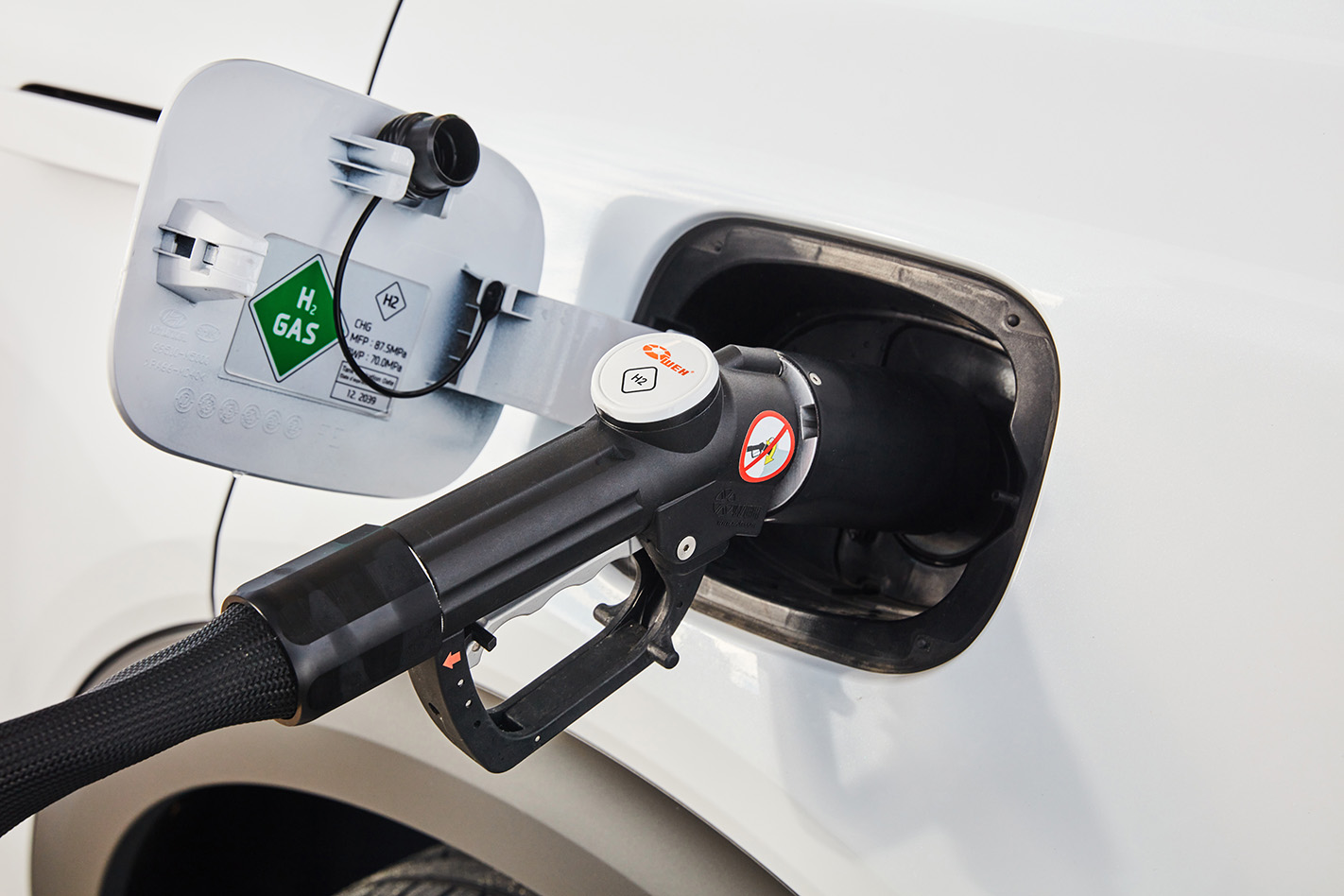
“When we talk about being carbon neutral, a lot of people say all we have to do is use battery electric vehicles because they don’t emit any CO2 – but the truth is it’s not that simple,” he said.
“BEVs or battery electric vehicles are just one part of the solution.
“[But] Australia is a big country. We’ve got diverse customer needs and our success has been built on providing high-quality durable and reliable vehicles that are fit-for-purpose in every corner of this country.
“Ultimately it’s the market that will decide, and our goal is to provide options to support those choices.”
